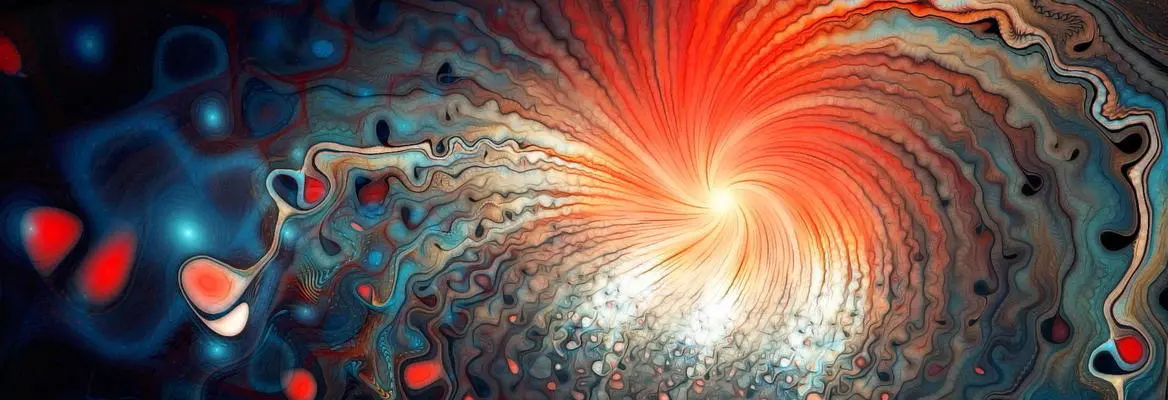Copernicus and Darwin taught us that we are not the centre of the universe. But fifty years have passed since we began listening for life in the cosmos. A billion radio channels have scanned the sky. No extra terrestrial intelligence has been found. Is it once again time to think we may be alone, and to reassess what it is to be human?
Maggie Aderin-Pocock is research fellow in UCL Department of Science and Technology Studies and an Honorary Research Associate in UCL Department of Physics and Astronomy. Since 2014, she has co-presented the long-running astronomy TV programme The Sky at Night.
Here she speaks to the IAI about the probability of finding intelligent life elsewhere in the universe, and what it would mean for mankind if we do.
The Drake equation posits that, given the vast number of galaxies and stars and possible habitable planets, there has to be intelligent life somewhere. But despite our best efforts to look, we still haven’t found any. Is this a problem?
No, I don’t think it is a problem at all, because unfortunately the probability is against us. If you look at the Drake equation and put various numbers in, after a number of experts, we come up with the possibility of five intelligent civilisations in the whole of the galaxy. The galaxy is very, very large and, even travelling as fast as we can with modern technology, to go and visit our next-door neighbour’s star, would be a journey of 76,000 years. If there is intelligent life out there, how are we going to find it? There are about 200 billion stars in our galaxy, so it’s really like looking for a needle in a haystack or a drop in the ocean.
It was generally agreed in the debate that we’d all like the idea of being able to find other intelligent species. But as Stephen Hawking has pointed out, in our own history when two civilisations meet, the less advanced one almost always get the worst deal. For example, the Spanish coming to the Americas.
That is judging the extraterrestrial on our own turf. This is the problem. We only have one example of life, and that’s us. Man’s inhumanity to man is pretty grim. So based purely on the history of own actions, yes I think it could be pretty scary. But it depends on the type of intelligence. You do hope that if they can manage interstellar travel, then they’ll be operating on a higher intellectual plane than we are at the moment. I’m ever the optimist.
If there are other species they will have evolved along the same lines as us, they will have been subject to the laws of natural selection. Will they not therefore show certain aggressive traits?
Again, this is too presumptuous that they’ll be exactly like us or that they will have evolved in the same way. Evolution is only one way to develop. That’s the problem – we only have one example on which to base our suppositions. But I’m always hopeful.















Join the conversation